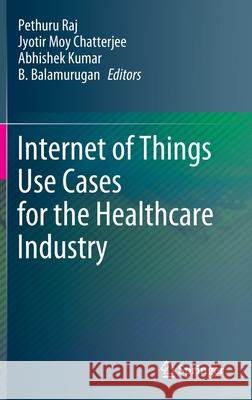Internet of Things Use Cases for the Healthcare Industry » książka
topmenu
Internet of Things Use Cases for the Healthcare Industry
ISBN-13: 9783030375256 / Angielski / Twarda / 2020 / 296 str.
Internet of Things Use Cases for the Healthcare Industry
ISBN-13: 9783030375256 / Angielski / Twarda / 2020 / 296 str.
cena 644,07
(netto: 613,40 VAT: 5%)
Najniższa cena z 30 dni: 616,85
(netto: 613,40 VAT: 5%)
Najniższa cena z 30 dni: 616,85
Termin realizacji zamówienia:
ok. 16-18 dni roboczych.
ok. 16-18 dni roboczych.
Darmowa dostawa!
Kategorie:
Kategorie BISAC:
Wydawca:
Springer
Język:
Angielski
ISBN-13:
9783030375256
Rok wydania:
2020
Wydanie:
2020
Ilość stron:
296
Waga:
0.61 kg
Wymiary:
23.39 x 15.6 x 1.91
Oprawa:
Twarda
Wolumenów:
01
Dodatkowe informacje:
Wydanie ilustrowane











